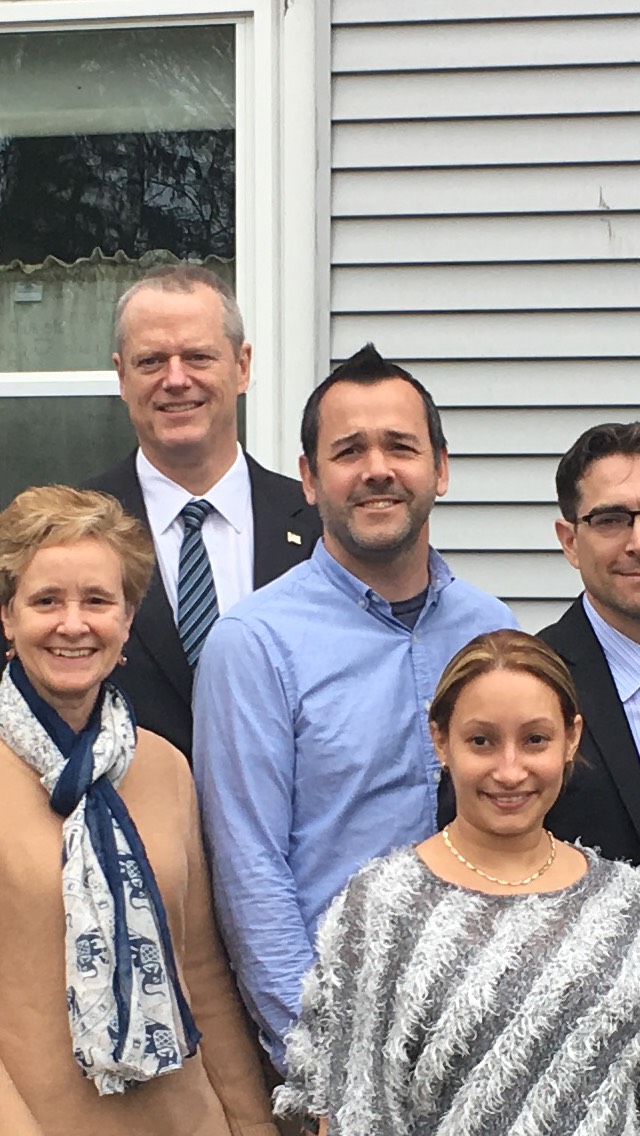Dear DOER –
Today I am writing to you as the Co-Executive Director of Dismas House, a low-income housing provider in New England’s second largest community Worcester, and as former member of the Governor’s Affordable Access to Clean and Efficient Energy Initiative working group over the past year. Additionally, our coalition – Commonwealth Green Low-Income Housing Coalition, works with over twelve low-income housing providers from Webster to Worcester, from Brockton to Leominster, and includes veterans, homeless families, and individuals.
The SMART solar incentive program underfunds compensation for developers. In fact, I just got off the phone with our solar developer who assured me the program will damage the solar industry in Massachusetts, threatening the viability of this important industry.
We invested in our own solar system as a response to the declining foundation, government, and charitable supports available for the low-income housing community in Massachusetts. Our investment in solar has paid off directly for the homeless and former offender clientele we serve in Worcester, as savings from our solar system allow us to annually redirect $20,000 formerly utilized for our electric costs into developing new housing units and services for the residents in our properties.
As a result of our success, we formed an initiative to promulgate solar among other agencies serving the poorest people in Massachusetts. Many agencies have signed on for community-based solar, saving funds and utilizing the savings for programs and services for children, families, and individuals in need. Community based solar projects are at a disadvantage with SMART. We need to build incentives that encourage the low-income housing sector to modernize energy efficiency and infrastructure, and to thereby lower their utility bills, and to build energy resilience into their portfolios so as to strengthen the services and supports for low-income people.
Our work led us to both a seat at the table at the Governor’s Initiative, and also the chance to present our model of how solar power saves our energy costs at the national HUD Renew 300 conference last fall.
Please consider strengthening SMART incentive levels to keep Massachusetts as one of the national solar leaders. Already, we are the best state for energy efficiency, ranking #1 in our programs for the past four years. It would be great to continue to allow the solar industry to continue to mature and grow through better compensation.
Best regards,
Dave McMahon


